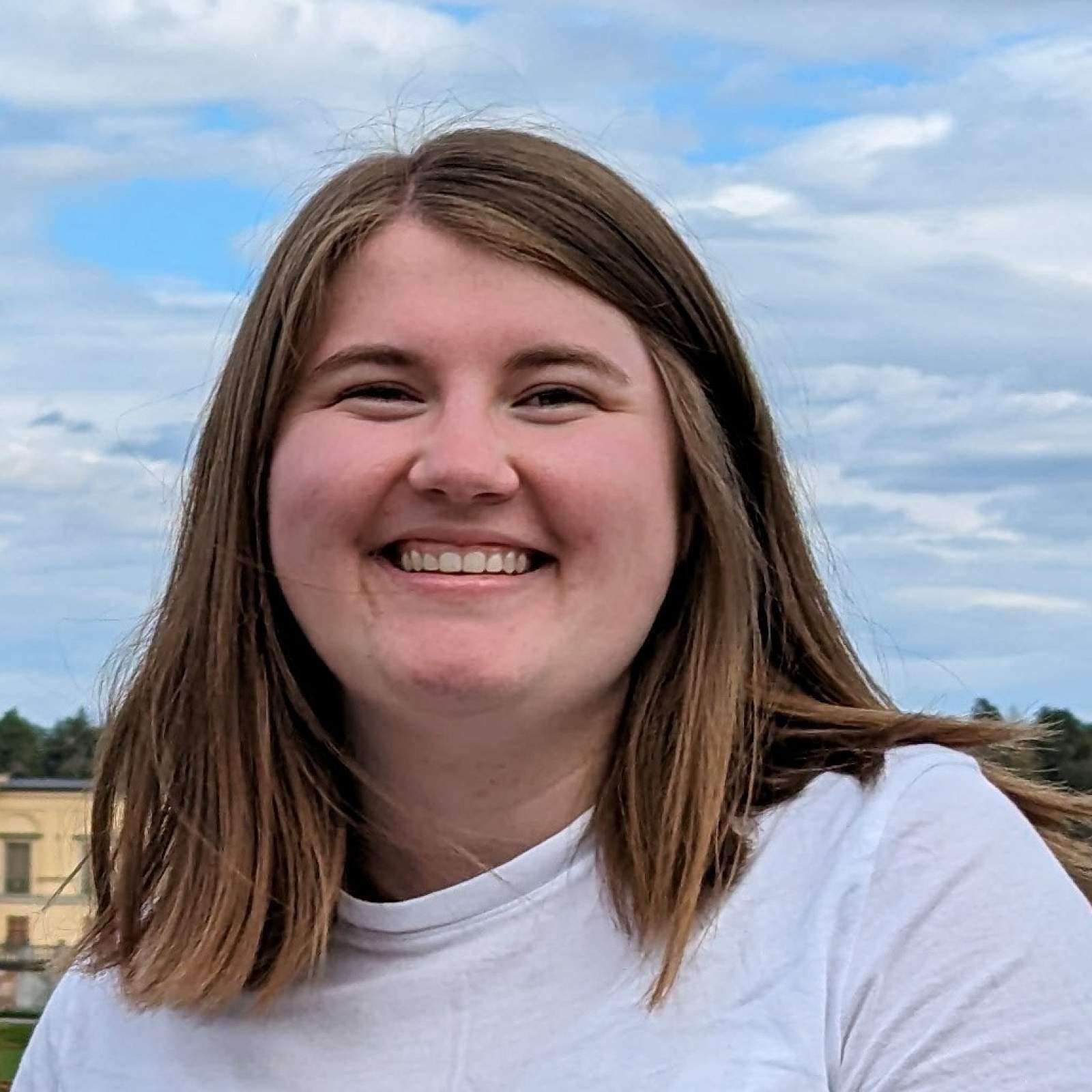
URADD Team
Leadership
Deborah Bilder, MD is an Associate Professor in the Department of Psychiatry in the Division of Child and Adolescent Psychiatry at the University of Utah. She holds adjunct appointments in the departments of Pediatrics and Educational Psychology. She completed the triple board residency program (Pediatrics, General Psychiatry, Child & Adolescent Psychiatry) at the University of Utah and maintains board certification in all three specialties. Following residency, she participated in the Utah Regional Leadership Education in Neurodevelopmental Disabilities (URLEND) and is now a consultant for this program. Her clinical expertise is in psychiatric assessment and treatment for individuals across the lifespan with severe neurodevelopmental disabilities. Dr. Bilder is the Principal Investigator for the Utah Registry of Autism and Developmental Disabilities and investigates peri- and neonatal risk factors for neurodevelopmental disabilities. She also leads a research team that develops clinical paradigms to assess and treat distress in teenagers and adults with developmental disabilities.
Amanda Bakian, PhD is an Associate Professor of Psychiatry at the University of Utah, Director of the Utah Registry of Autism and Developmental Disabilities, and Principal Investigator of the Utah Autism and Developmental Disabilities Monitoring Project. Dr. Bakian joined URADD in 2010 while completing her training in biostatistics and ecology from Utah State University. As URADD Director, Dr. Bakian is interested in improving public health surveillance efforts for autism, and disentangling autism’s complex etiology including the influence of environmental, prenatal, geographic, and sociodemographic factors on autism prevalence. Further, her research examines how environmental exposures that work in the proinflammatory response pathway including ambient air pollution and meteorological exposures interact with underlying phenotypic and genetic characteristics to incur risk of psychiatric conditions including autism spectrum disorder and suicide.
William McMahon, M.D., is the cofounder of URADD and the FMR. Principal Investigator of URADD, Principal Investigator of UT-ADDM, and the Chairman of the University of Utah’s Department of Psychiatry. Specializing in Tourette Disorder and Autism, he has conducted extensive research in both fields over the past several decades. His experience in the epidemiology of autism dates back to the mid-1980’s when he conducted the first autism prevalence study in the United States, which was based here in Utah. He has been involved with URADD and UT-ADDM for over ten years.
Investigators
Diana Askings, M.Ed. is a Board Certified Behavior Analyst and a 6th year doctoral candidate in the school psychology program at the University of Utah. She completed a school-based internship in the Jordan School District and an APA accredited predoctoral internship through the National Psychology Training Consortium-Cascade Region at a residency-based community health center. She has also provided direct behavioral intervention for individuals with ASD and behavioral consultation for teachers and families. Diana is completing her dissertation on ASD sex differences on diagnostic instruments and timing of diagnosis with John Davis, Ph.D. at the University of Utah, URADD, and the UT-ADDM team.
Erin A. S. Clark, MD, is an Associate Professor of Obstetrics and Gynecology at University of Utah Health. She is board-certified in Obstetrics and Gynecology and the sub-specialty of Maternal-Fetal Medicine. She specializes in managing high-risk pregnancies with a focus on women who have current or previous pregnancy complications, including a history of preterm birth. She currently sees patients for prenatal care and for consultations before, during or after pregnancy. She also offers prenatal care through the University of Utah Virtual Prenatal Care Program, which provides convenient and personalized prenatal care for low-risk pregnancies.
Hilary Coon's primary research interests within the Department of Psychiatry include finding genes that lead to susceptibility to autism and, genetic risk factors for suicide, and the genetics of nicotine and alcohol addiction. Gene findings may lead to better understanding of underlying mechanisms. Intermediate traits and co-morbid conditions associated with disease have also been a focus of Dr. Coon's research. The study of phenotypes within families may reveal susceptibility mutations that would otherwise not be detected. Pedigrees also offer a chance to study protective mechanisms in unaffected relatives, and environmental exposures that may be particularly important for genetically susceptible individuals. Dr. Coon is also interested in research ethics, and is a long-time member of the University of Utah Institutional Review Board.
Anne Kirby’s research focuses on individuals with autism spectrum disorder and their families, with particular focus on suicide risk and prevention, and understanding and preparing youth and families for successful transition to adulthood. Her research has also examined sensory processing differences in autism. Prior to pursuing her PhD in Occupational Science, Anne gained diverse clinical experiences as an occupational therapist. Anne worked in early intervention and charter school settings with children with a variety of special needs. She also worked as an inpatient occupational therapist at Walter Reed Army Medical Center. Travel has also provided her with opportunities to learn about occupational therapy and other services for individuals with disabilities in multiple states and other parts of the world.
Throughout Andrey’s career, he has developed expertise in mathematics, statistics, statistical genetics, data mining, and big data analytics. Andrey has experience in statistical modelling, designing new machine learning and data mining methods, and modifying existing methods to solve new problems. He is a member of the Genotype-Tissue Expression (GTEx) project, and has been a collaborator in the 1000 Genomes Project. Andrey has recently obtained a Brain & Behavior Research Foundation Young Investigator Award and Tenner Foundation funding for my epigenetic research on suicide. He is involved in several projects aimed at increasing our understanding of Autism, including a study of genetic factors increasing risks of Autism.
Jim VanDerslice, MSEE, PhD is an Associate Professor in the Division of Public Health and an environmental epidemiologist who focuses on methods to assess community exposures and the relationships between these exposures and a wide variety of health outcomes. His research focuses on evaluating human exposures to chemical and microbiological hazards in the environment. He is currently working on studies of the impacts of poor ambient air quality on suicide, pneumonia, sperm quality, carcinoid and testicular cancer and pre-term birth. Dr. VanDerslice also has a long-standing interest in the impacts of poor drinking water quality, sanitation and hygiene (WASH) in low-resource settings and the engineering, social and economic systems needed for sustainable improvements in WASH.
Yue Zhang, Ph.D., is an Associate Professor of Biostatistics in the Division of Epidemiology at the University of Utah, School of Medicine. Yue has a solid background and works in broad areas of Biostatistics, with specific training and expertise in the areas of environmental statistics, Bayesian inference, longitudinal data analysis, multi-state model, joint modeling and causal inference. He has a track record of successful research and implementation of novel statistical approach to medical and public health research. As a PI, Co-I or lead statistician in multiple University of Utah internal grants and Extramural grants from NIH or VA, he has successfully accomplished the proposed scientific goal in a timely manner and published more than 60 peer-reviewed papers in the top tie scientific and statistical journals. In the past few years, he collaborated with investigators from URADD to develop and apply novel statistical methodology for better understanding the risk factors and pattern for autism.
Dr. Daniel Mendoza holds joint appointments in the Department of City & Metropolitan Planning, Atmospheric Sciences, and the NEXUS research institute at the University of Utah. His research interests include quantifying and characterizing urban greenhouse gas and criteria pollutant emissions for use in human exposure estimation and metropolitan planning. He also examines the health effects associated with acute and chronic pollutant exposure, particularly in vulnerable populations. By combining expertise in air pollution, health outcomes, and urban planning, his work aims to produce enactable scientific and policy solutions to address air quality concerns. He is the co-director of the Consortium for Dark Sky Studies, serves as Editor in Chief of the Journal of Dark Sky Studies, and is an instructor in the Capstone Class on Dark Sky Studies at the University of Utah. His research on ASD involves using a dense research grade network of air quality sensors to individualize pollutant concentrations and associate exposure with outcomes. He was previously a professional cyclist in Europe, and currently enjoys Utah’s outdoors by competing in duathlons and snowshoe races.
M. Sean Esplin, MD is an Associate Professor of Obstetrics and Gynecology. He is board certified in both Obstetrics and Gynecology and the subspecialty of Maternal-Fetal Medicine. Dr. Esplin's main areas of interest are the genetic control of term and preterm labor and the role of inflammation in preterm birth. Dr. Esplin is currently involved in several ongoing research projects sponsored by the National Institutes of Health aimed at identifying markers of preterm birth and obstetric complications.
Staff
Johanna is the Project Coordinator for Utah Autism and Developmental Disabilities Monitoring Network (UT-ADDM). Johanna received her B.S. in Psychology at Kingston University, and has a background in Early Childhood Education. She is passionate about helping children and families obtain the support and resources that will aid them in obtaining their highest potential.
Maddy graduated from the University of Utah with a B.S. in psychology and a minor in nutrition and joined the UT-ADDM/URADD research team soon after as a Research Assistant/Data Abstractor. In the future she hopes to continue her education and pursue a master's degree in psychology or nutrition (with a focus on ASD gastrointestinal issues).
Moira graduated from the University of Utah with a B.S. in psychology and environmental sustainability. She is now working with UT-ADDM/URADD as a research assistant and abstractor. She has a passion in understanding how gender, as well as environmental factors, play a role in ASD. Her future goals include reducing the amount of delayed/missed diagnoses of ASD in women and research environmental degradation as a risk factor for autism. In the future, Moira intends to continue her education in order to achieve these goals.
Tiffany received her Bachelor of Science from the University of Utah in psychology with a double minor in Sociology and Strategic Communication. After working with a team of ASD specialists as a Psychometrist, she joined the UT-ADDM/URADD team as a Research Assistant. Her interests include LGBTQIA+ understanding as related to Autism and the overlap of personality disorder diagnoses and ASD. Her educational goals include pursuing a PhD in Clinical Psychology.
Connor graduated from the University of Utah with a MStat in Biostatistics and an B.S. in Applied Mathematics. After his role as psychology research assistant, he joined the UT-ADDM/URADD team as a Biostatistician/Data Manager. His interests include ASD systems of care and regional disparities in affected populations. He is interested in pursuing his career with a Ph.D. in Biostatistics/Data Science.
Isabelle graduated from the University of Utah with a B.S in Health, Society, and Policy and Family, Community, and Human Development and an Interdisciplinary Certificate of Health Communication. She received her Health Education and Promotion MPH degree from Utah State University. After graduating with her MPH, she joined the UT-ADDM/URADD as a research assistant and data abstractor. Her interest is in providing high-quality education and outreach about ASD and connecting individuals, families, and communities with the resources they need.





